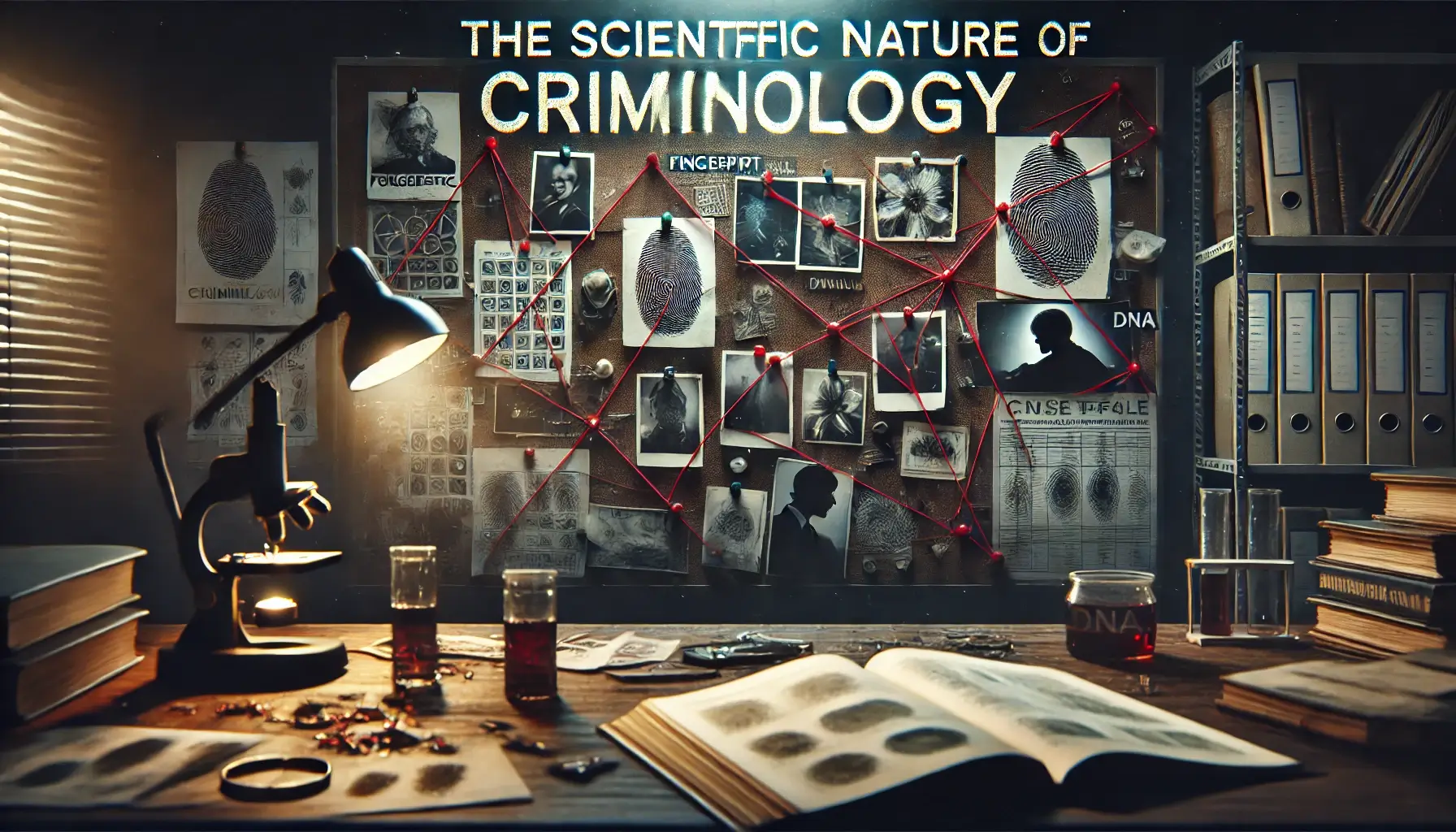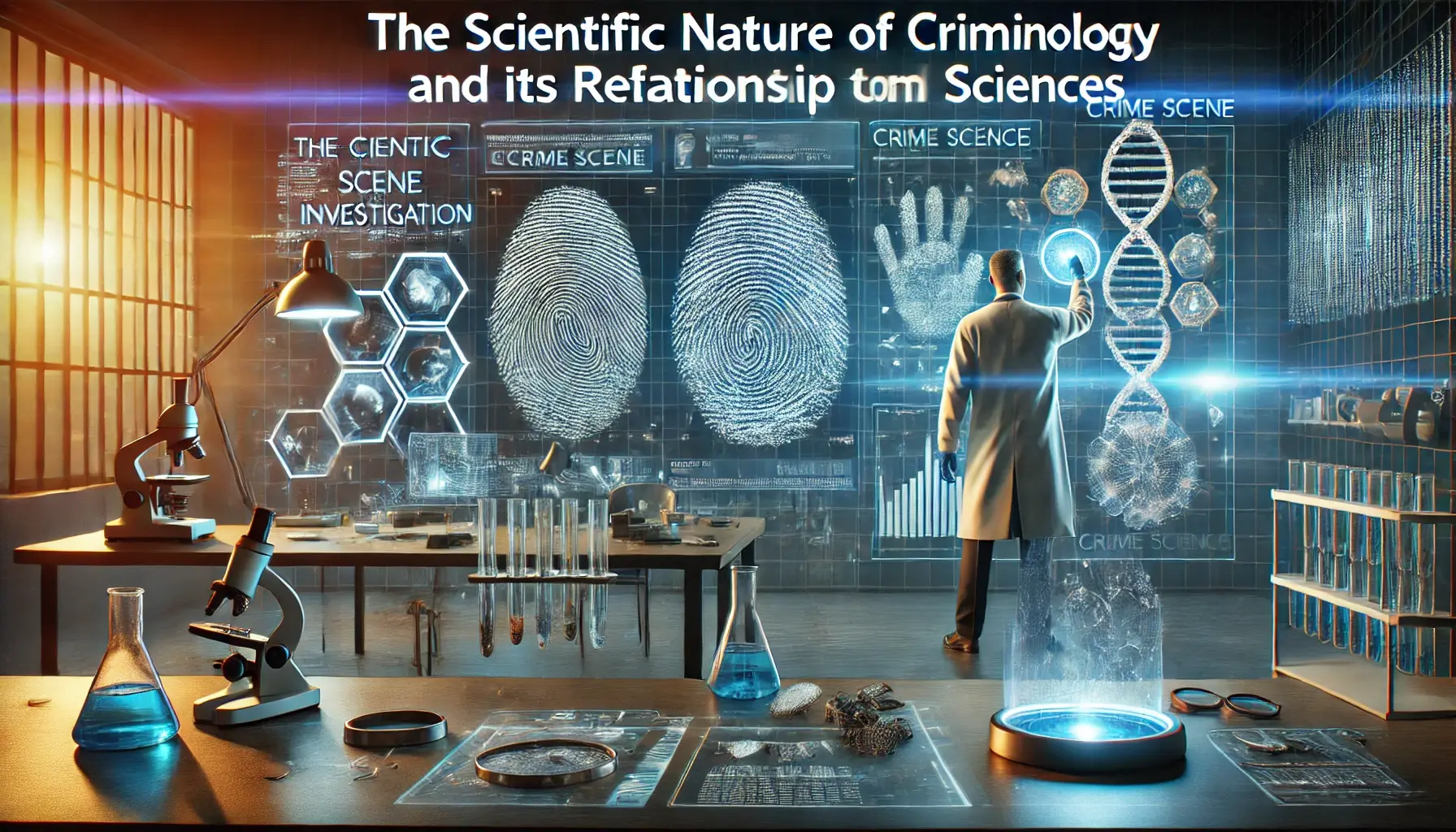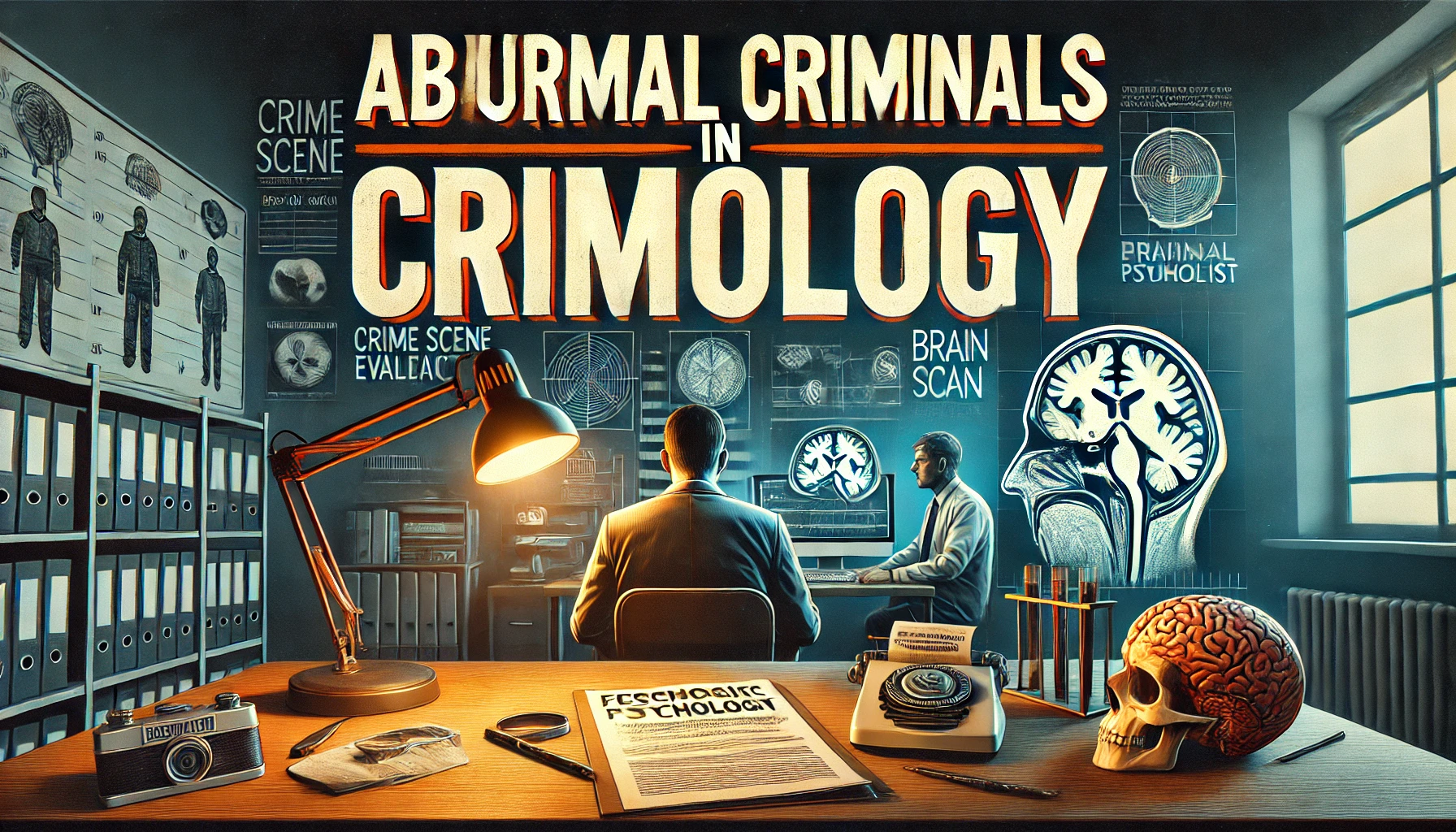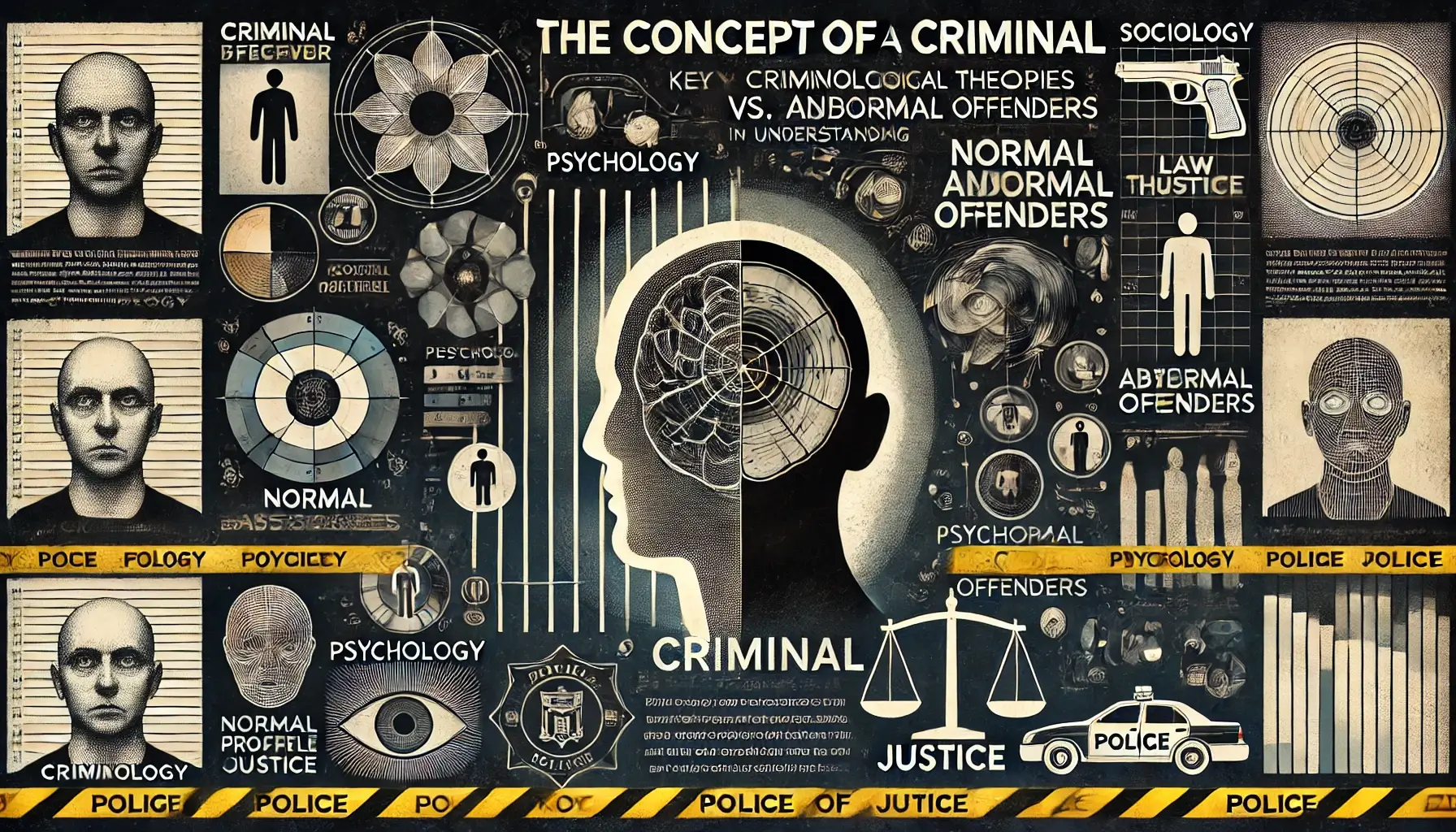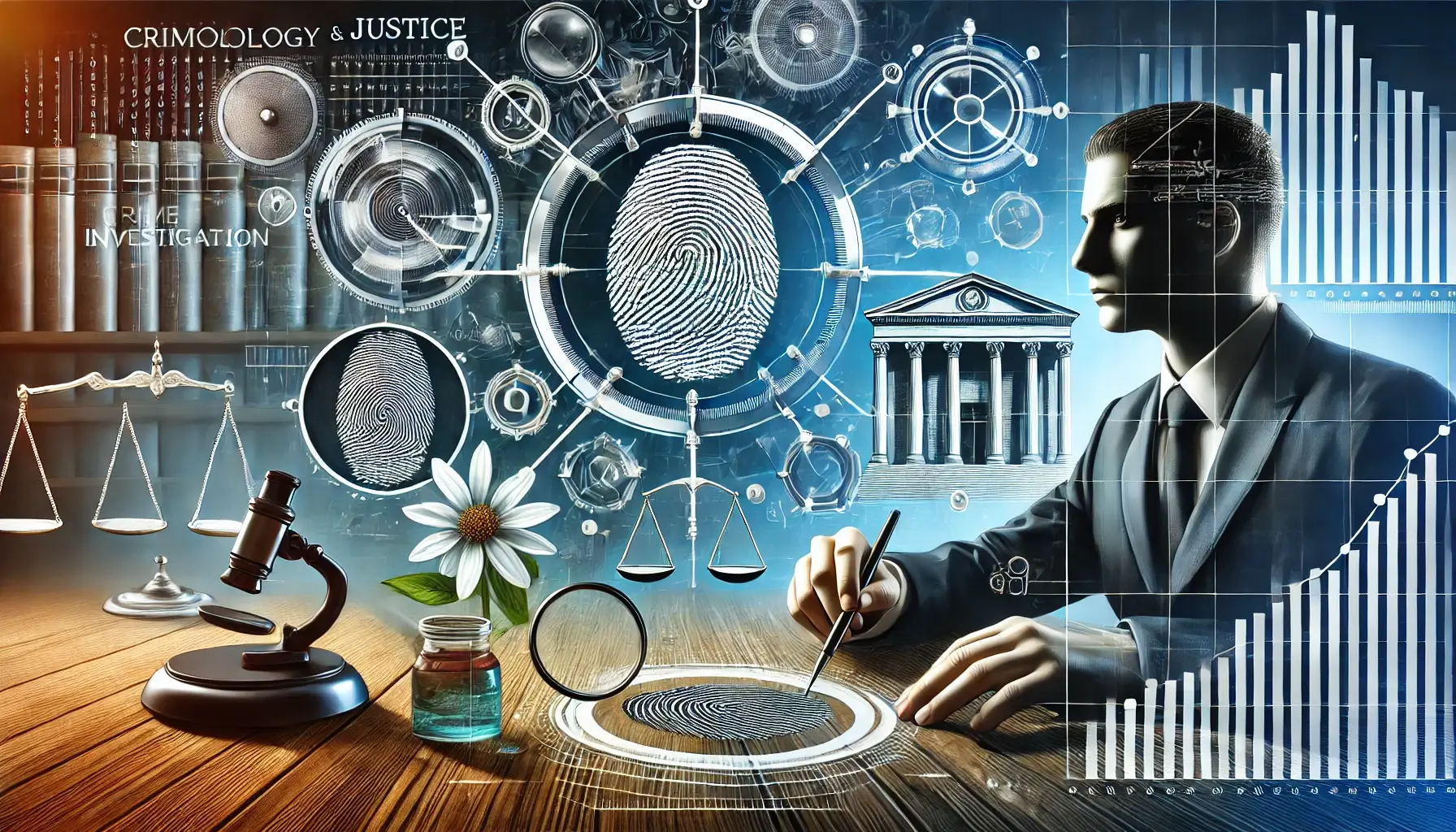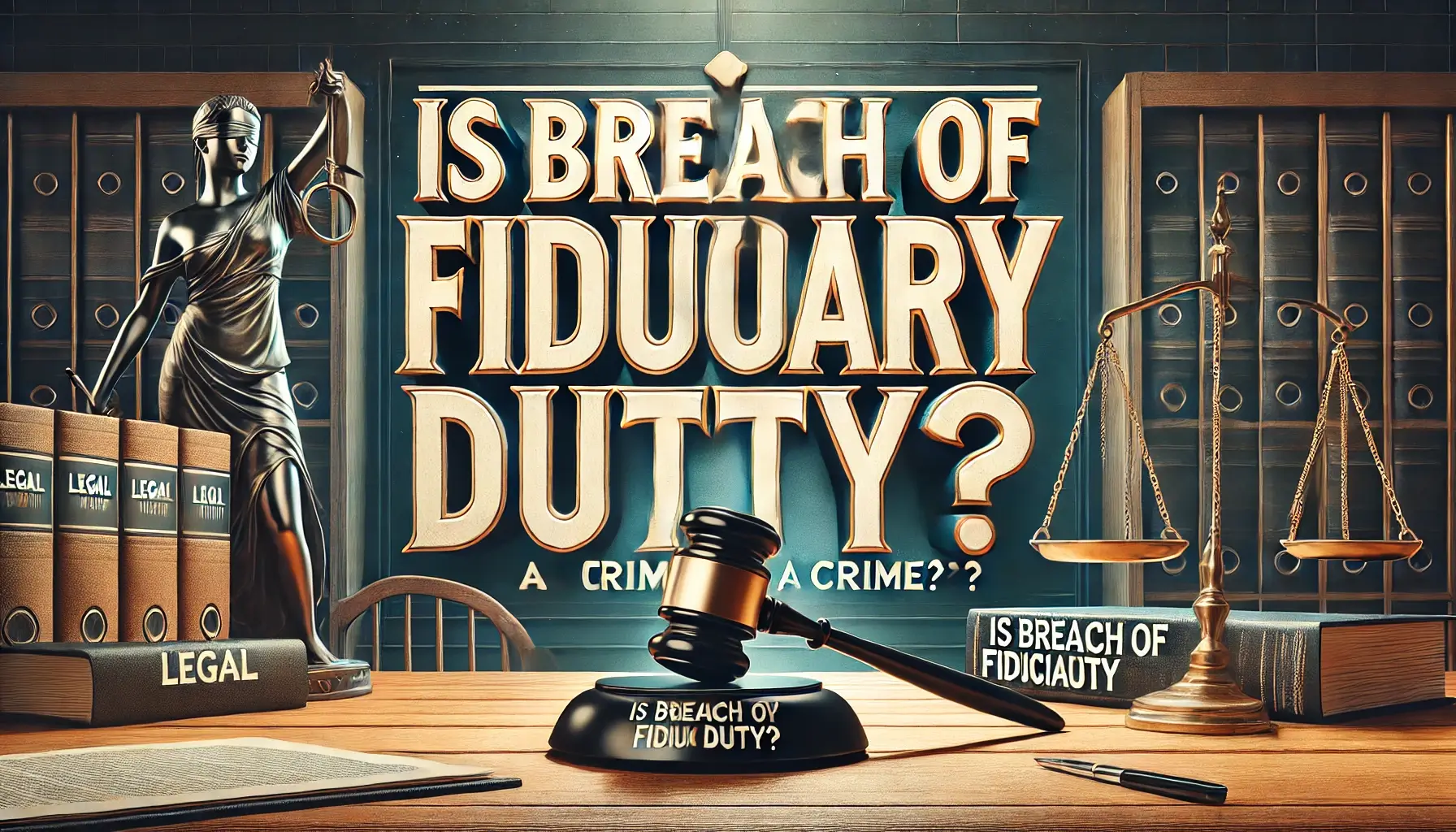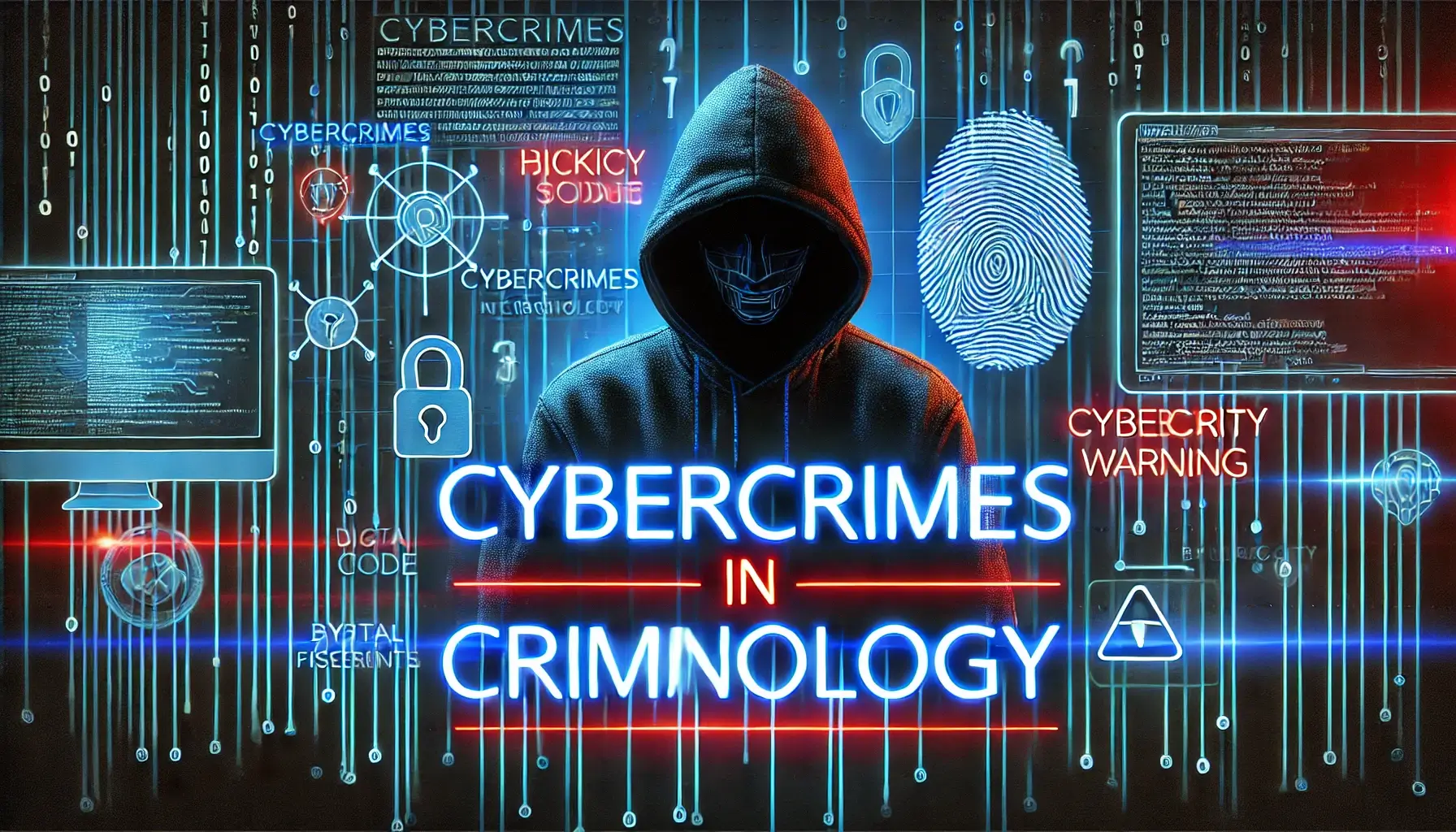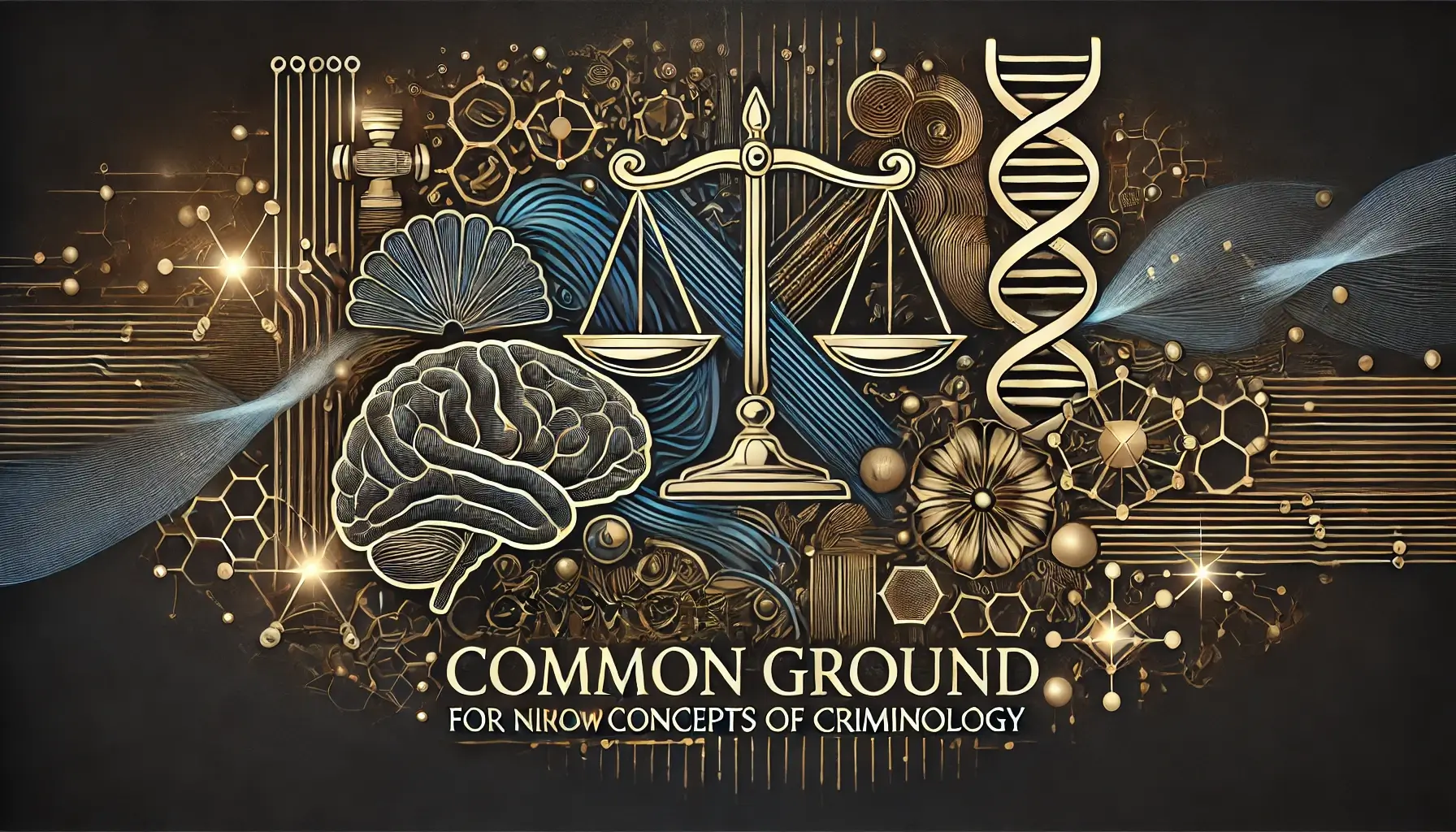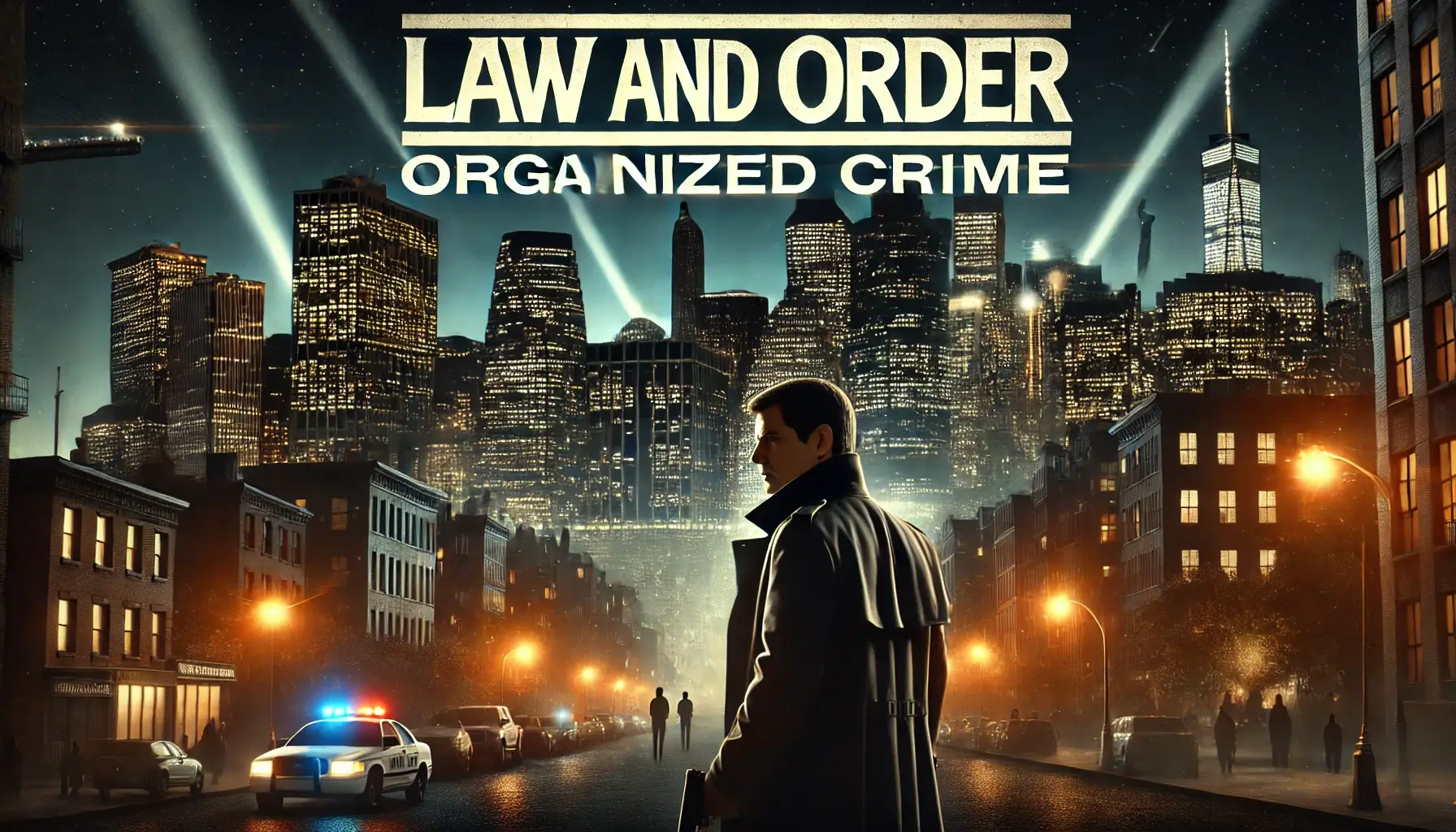Edwin Sutherland: Redefining Crime and Society Today
Who Was Edwin Sutherland Edwin Sutherland stands as one of the most influential criminologists of the 20th century, fundamentally reshaping the study of crime through his groundbreaking work. His contributions to criminology, particularly his development of the Differential Association Theory, revolutionized the understanding of criminal behavior. By shifting the focus from biological and psychological explanations … Read more


